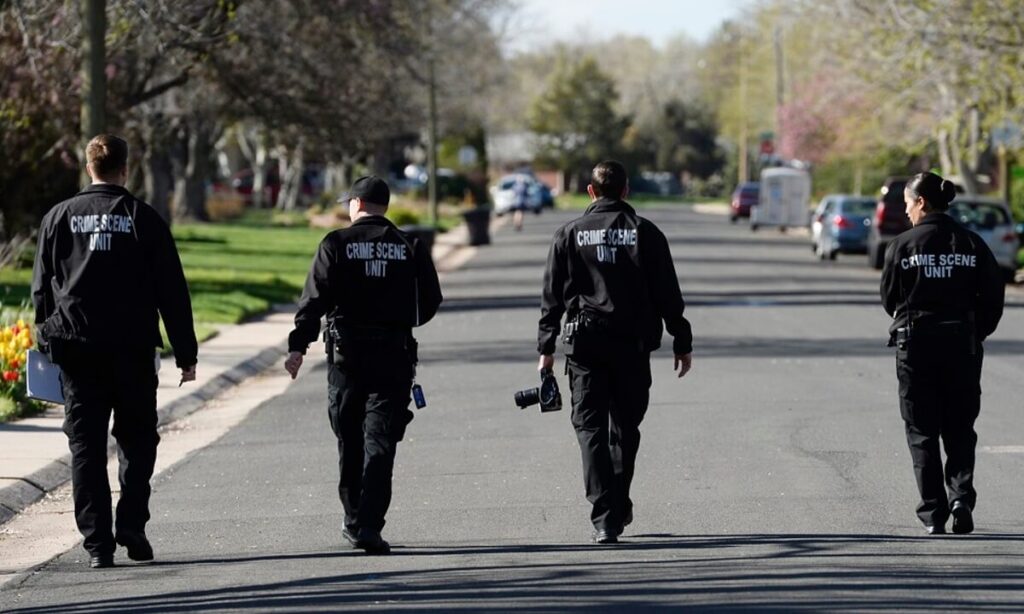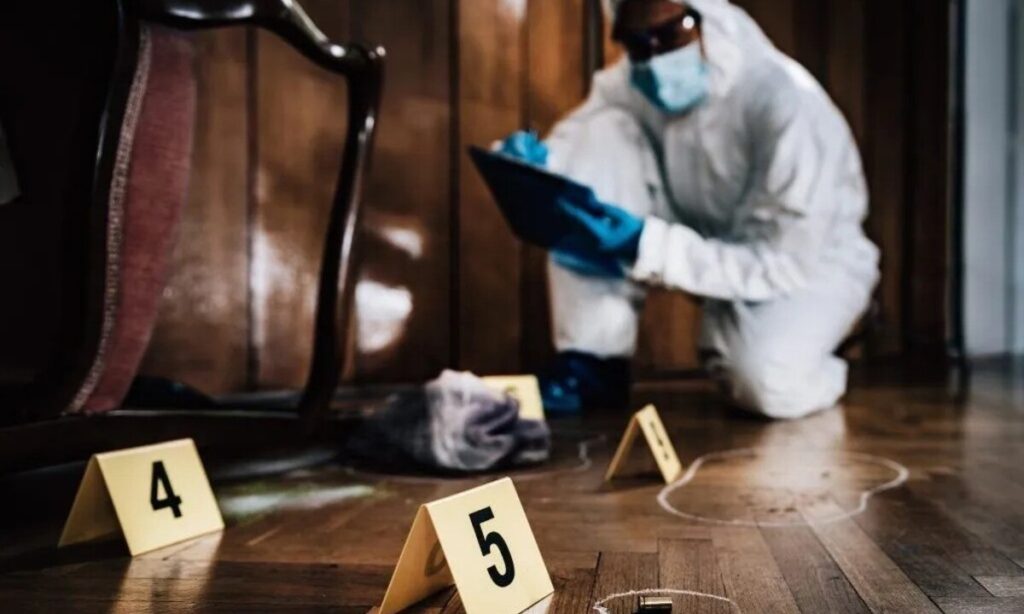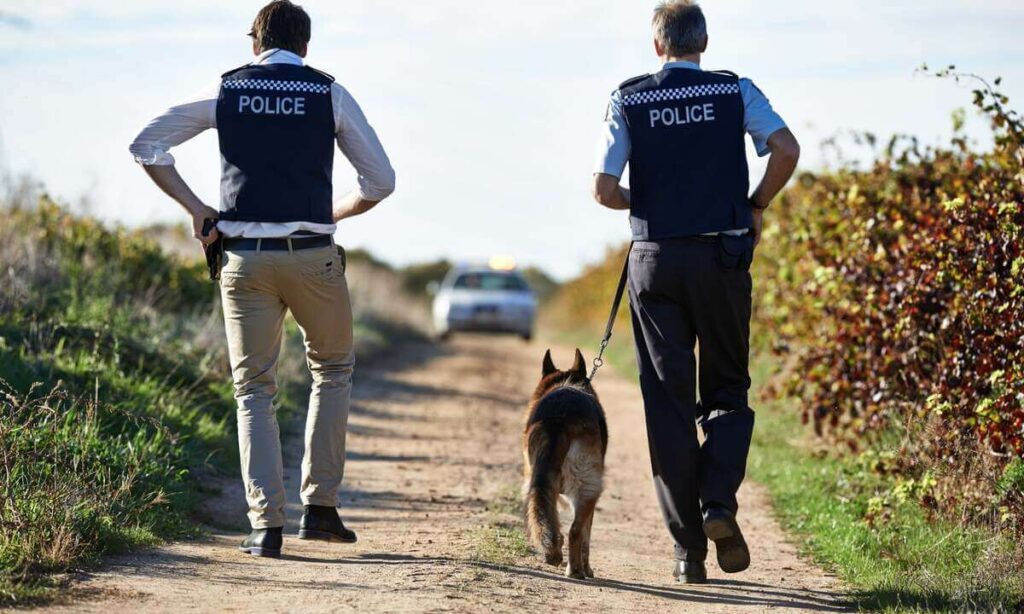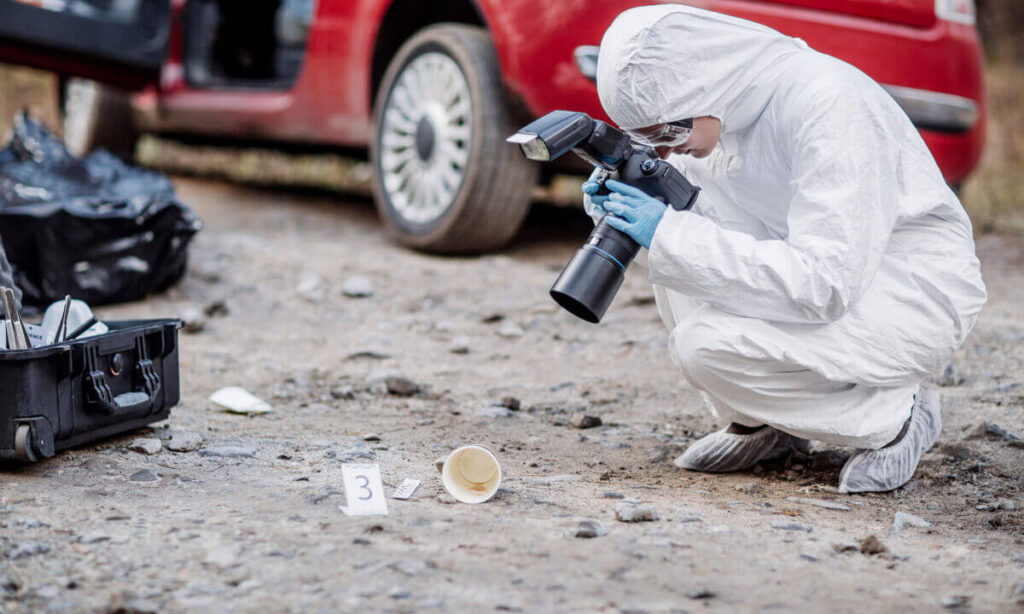One of the most important facets of criminal justice is crime scene investigation (CSI). In order to help solve crimes and provide victims with justice, it entails the methodical gathering and examination of evidence from crime scenes. Crime scene investigators (CSIs), highly skilled individuals, are at the forefront of this investigative process and are essential to maintaining the integrity and accuracy of the evidence. We will dive into the field of crime scene investigation in this piece, covering its definition, necessary skills, potential career paths, and much more.
What is a CSI?
Processing and analyzing crime scenes is the responsibility of a crime scene investigator, also known as a CSI. They arrive at a crime scene as the first responders and are essential in protecting and gathering evidence. CSIs meticulously record the scene, gather tangible evidence, take pictures and sketches of the surroundings, and examine any traces of materials that may be present. They have received training on how to spot and record any hints that might be useful for criminal investigations.
What do crime scene investigators do?
In order to gather information and piece together the events that occurred at a crime scene, crime scene investigators carry out a variety of tasks. When CSIs get to the scene, they evaluate the circumstances and make sure that everyone is safe. After that, they record and take pictures of the scene, paying close attention to details like the precise locations of the objects and any other relevant information. In order to accurately depict the crime scene, this documentation is essential.
Following the completion of the paperwork, crime scene investigators start the laborious process of gathering evidence. They gather samples with great care, making sure to handle and package them properly to preserve the integrity of the evidence. These samples include fibers, DNA, fingerprints, and other trace materials. In addition, CSIs may make use of specialized tools, like different light sources, to recognize and record bodily fluids or other materials that might not be visible to the unaided eye.
Crime scene investigators work in tandem with forensic experts and laboratory technicians to examine the evidence following the evidence collection phase. Their experience and understanding of crime scene dynamics may enable them to offer observations and insights that will aid in the interpretation and comprehension of the gathered evidence. Their knowledge can be extremely useful in helping investigators by establishing a connection between suspects and crime scenes.
Skills and qualifications required to become a crime scene investigator
There are particular abilities and requirements needed to become a crime scene investigator. While specific qualifications may differ based on the jurisdiction and agency, prospective CSIs are typically expected to possess a few essential qualities.
Above all, it is crucial to pay attention to detail. Investigators who work at crime scenes need to have an excellent eye for detail and be able to carefully record and gather evidence. They must possess extraordinary observational abilities, seeing even the smallest hints that could be vital to cracking a case.
CSIs need to be meticulous and have a strong background in scientific concepts. They ought to be knowledgeable about a variety of forensic methods, including bloodstain pattern analysis, DNA profiling, and fingerprint analysis. It is very helpful to have a solid background in science, especially in fields like biology, chemistry, or forensic science.
For crime scene investigators, effective communication skills are also essential. They frequently work together with forensic experts, attorneys, and law enforcement personnel. Accurate communication of findings and expert testimony in court proceedings require clear and succinct language.
A CSI also needs to have a professional and ethical mindset. They have to preserve the integrity of the evidence and follow stringent procedures. For those working in this field, reliability, discretion, and a dedication to following the law are critical traits.
Career prospects and job outlook for crime scene investigators
Those who are interested in forensic science and criminal justice have bright career prospects in the field of crime scene investigation. There will likely be a greater need for certified crime scene investigators as forensic technology advances and criminal cases become more complex.
CSIs can work for private forensic consulting firms or for law enforcement agencies at the local, state, or federal levels, among other settings. They might collaborate with detectives, police officers, and other experts in criminal investigations. To further expand their career options, some crime scene investigators also specialize in particular fields, such as digital forensics or bloodstain pattern analysis.
Although CSIs have a generally bright future in terms of employment, competition for jobs can be intense. Candidates with advanced degrees in forensic science or related fields may have an advantage over others due to the specialized nature of the work. Getting real-world experience through volunteer work or internships in related fields can also improve one’s chances of landing a job.
How much does a CSI typically make?
A crime scene investigator’s pay may differ based on their level of experience, where they work, and the hiring organization. As of May 2022, the median yearly salary for forensic science technicians, which includes crime scene investigators, was $63,740, according to the Bureau of Labor Statistics. It is crucial to remember that pay can vary greatly, with experienced CSIs in high-demand areas making more money and entry-level positions usually paying less.
What do crime scene investigators wear?
Personal protective equipment (PPE) is mandatory for crime scene investigators in order to protect themselves and keep the crime scene clean. Typically, this entails coveralls, gloves, masks, and shoe covers. The kind of crime scene and the possible risks involved may affect the particular apparel and equipment worn.
Conclusion
A fascinating area of study, crime scene investigation is essential to the criminal justice system. Experts in gathering and evaluating evidence, crime scene investigators play a crucial role in solving crimes and providing victims with justice. CSIs play a critical role in the investigation process because of their meticulous attention to detail, scientific background, and ethical outlook. Prospective crime scene investigators should concentrate on obtaining the credentials and abilities needed to succeed in this challenging but fulfilling field.
Did you find this article helpful? Check out these articles on Crime Scene Investigator Salary in Each State and 12 Most Popular Careers in Crime Scene Investigation (CSI). For more articles, check out our website. Thank you for reading!






